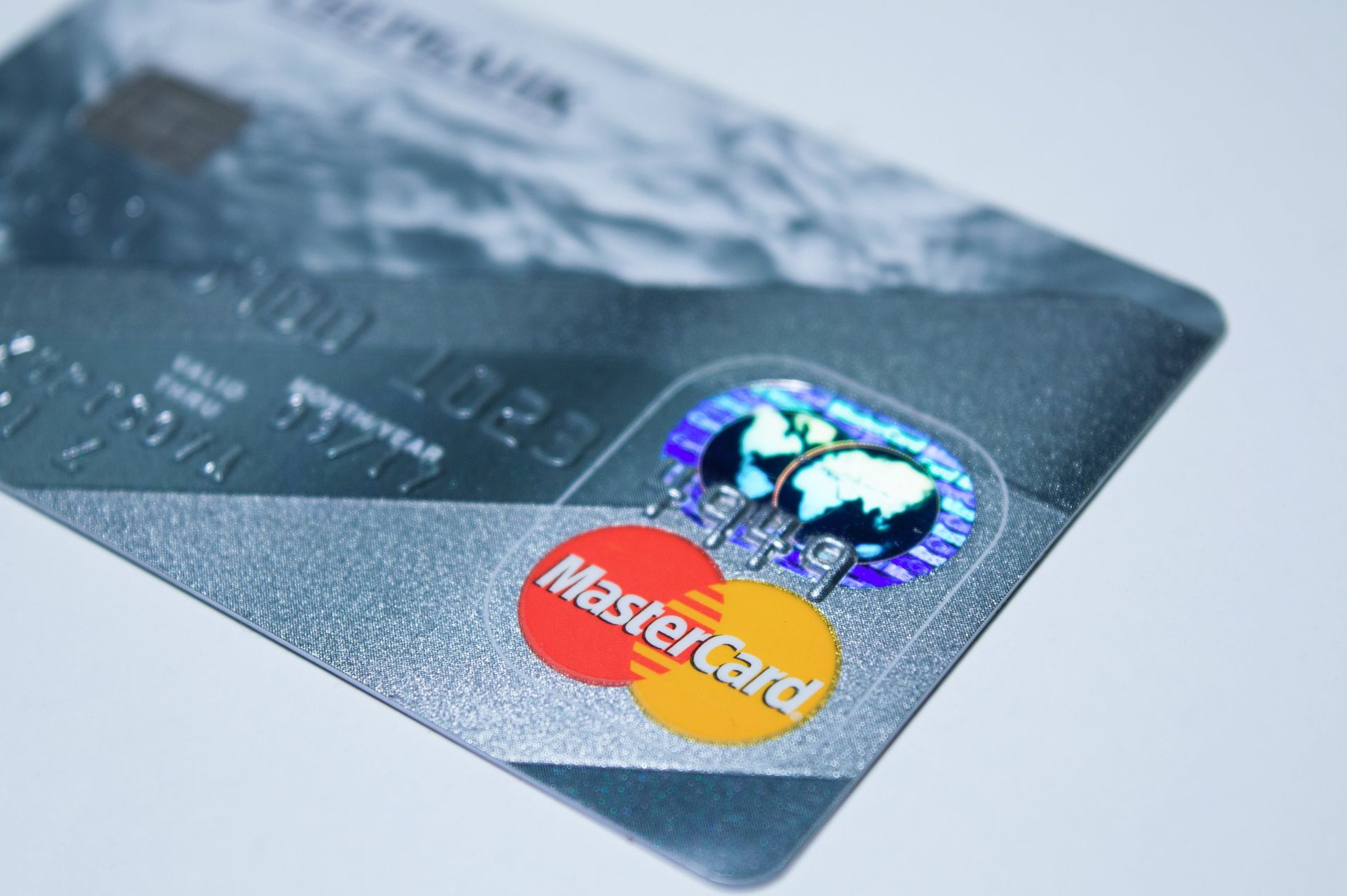What secrets about managing money do the rich know that the average person doesn’t?
I spent five years trying to answer that question. I asked 233 millionaires 144 questions and discovered that the rich have certain specific money habits we all should adopt immediately.
Below are some strategies that helped the rich get rich:
1. Track spending.
Know where your money is going. Look at your bank and credit card statements every month. You’ll uncover certain expenses for things you’re not even using, such as club memberships, subscriptions, and automatic charges for services you’ve never used.
Often these automated charges occur after you enroll in some “free” promotion, where the free part expires after a promotional period.
2. Periodically audit expenses.
Many expenses can change over time — like insurance costs. They can go up or down over time. Make sure you are paying the lowest insurance rates for homeowners, auto, and life insurance.
Check your health insurance. You could be paying for dependents who left the nest, are on their own, and have coverage through their employer.
Cable and internet costs can increase without you being aware of it. Calling your cable or internet provider to secure the lowest fees available should be an annual process.
Periodically shop cell phone plans. Increased competition in the cellphone industry is driving down monthly rates. Make sure you aren’t paying more than you have to.
3. Purchase good quality used cars.
New cars lose value as soon as they come off the lot. Buying good quality used cars allows you to take advantage of this loss in value anomaly prevalent in the auto industry. Forty-four percent of the rich in my study purchased good quality used cars.
Typically these are cars coming off a lease. They may be two or three years old. At 125,000 miles, most cars will require some annual repairs. Expect to incur about $1,500 a year in repair costs when you hold on to cars beyond this 125,000-mileage mark.
That is still significantly less than you’d spend on a loan or lease for a new car.
4. Use coupons.
Even the wealthy in my study engaged in this money-saving habit. Thirty percent of the rich used coupons to buy food.
Why pay more than you have to on groceries or other expenses?
5. Keep your housing costs below 30% of your monthly net pay.
Contrary to what you’ve been led to believe, most of the rich don’t live in McMansions. Sixty-four percent of the rich in my study live in modest homes.
6. Bargain shop.
Far too many make spontaneous purchases, paying more than they otherwise would.
That’s a Poverty Habit. Shopping for bargains and taking advantage of sales events is a Rich Habit.
7. Take advantage of credit-card reward dollars.
Many credit cards have rewards programs attached to them. Typically, these rewards programs generate reward dollars that you can use at participating vendors. For example, the American Express reward program gives you about .88% back on every dollar you spend using an American Express credit card.
One of the participating vendors with American Express is Barnes and Noble, and 50,000 American Express Rewards Dollars translates into $500 in Barnes and Noble gift cards. You can buy 20 $25 Barnes and Noble gift cards and give them out as gifts for occasions like birthdays and holidays, and it’ll cost you nothing.
8. Establish savings goals.
The rich make a habit of allocating their savings into different buckets, or categories. In order to do this, you need to establish an overall amount of savings you’re willing to set aside each month.
For example, if you decide to set aside 10% of your monthly income, you might allocate 5% into your retirement bucket, 2% into your specific expense bucket, 1.5% into your unexpected expense bucket, and 1.5% into your cyclical expense bucket.
9. Automate the savings process.
This is where the rubber meets the road: implementation. Automatically direct each of the above savings amounts into each bucket’s separate account via automatic withdrawal from your net pay or from your bank account.
Automating your savings forces you to live below your means because you save first and spend what’s left.
Money management is a process.
Accumulating wealth is a process. It’s all one big process, this thing we call financial success.
But if you don’t have a process, or adopt good money habits, like the rich in my study, you will never be able to save. It just won’t happen.
When you develop good money habits, you feel like you are finally in control of your life. It’s empowering and it will increase your wealth over time. Keep in mind that it took most of the wealthy in my study 32 years to become rich. Accumulating wealth takes time and discipline.
This article first appeared on Business Insider.
Link Wealth Group (ABN 89 051 208 327) is an authorized representative and credit representative of AMP Financial Planning, Australian Financial Services Licensee and Australian Credit Licensee.
This article contains information that is general in nature. It does not take into account the objectives, financial situation or needs of any particular person. You need to consider your financial situation and needs before making any decisions based on this information. If you decide to purchase or vary a financial product, your financial adviser, AMPFP, and other companies within the AMP Group may receive fees and other benefits. The fees will be a dollar amount and/or a percentage of either the premium you pay or the value of your investments. Please contact us if you want more information.






